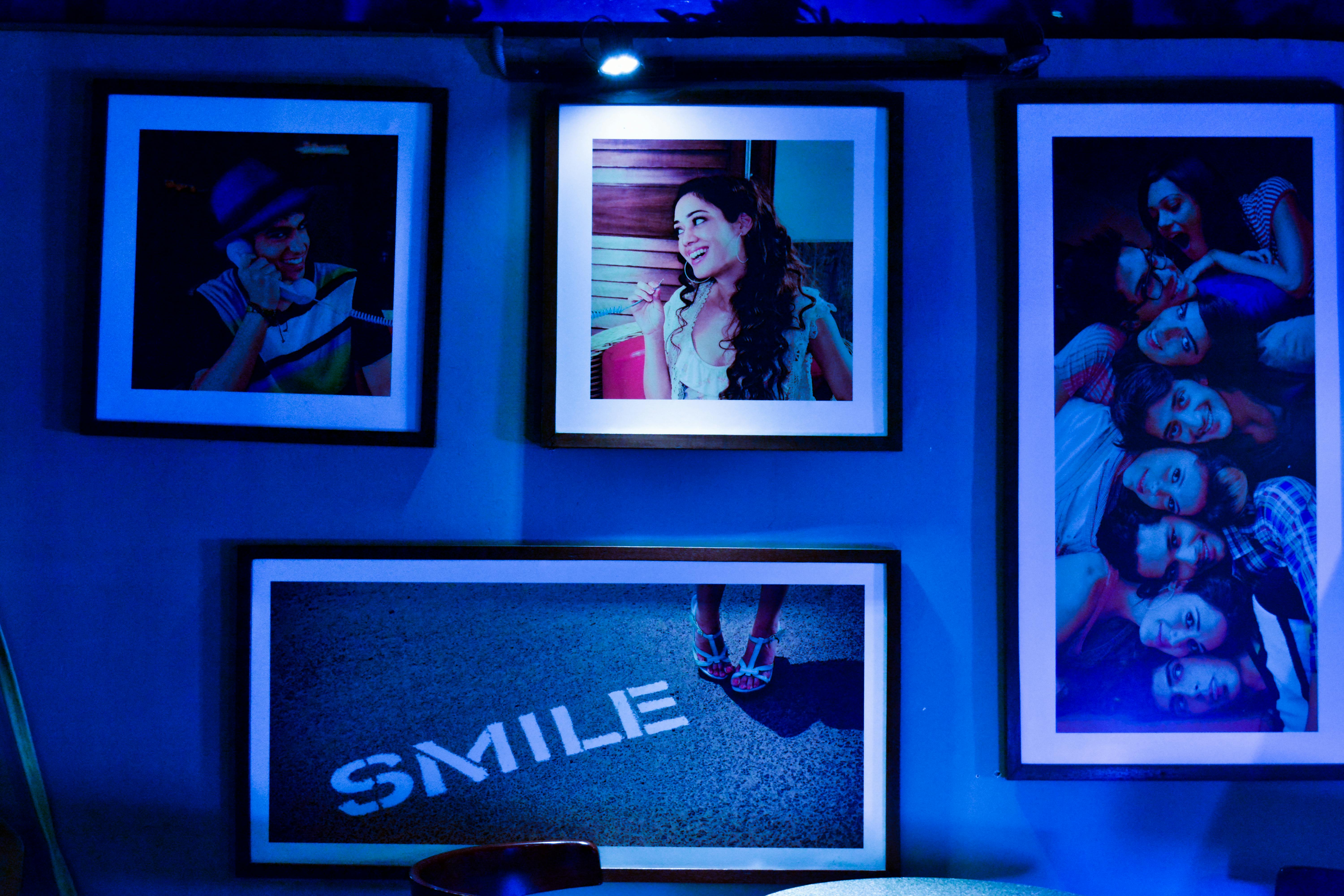NETWORK NEUTRALITY
What is net neutrality all about?
When we go online, we take many things for granted. We assume that we can browse any website we want, whenever we want, as many times as we want, at the fastest speed, be it a corporate or family site. We assume that we can use any service we like (watch online videos, listen to songs or podcasts, send instant messages) at any time we choose. What makes all these assumptions possible is net neutrality.
Telecommunications operators / ISPs are access service providers and can control how much you access, what you access, how fast you access and how much you pay to access content and services on the Internet.
Net neutrality is the principle that Internet Service Providers (ISP / Telcos) and the government should treat all data on the Internet equally, they should give their customers the same access to all websites and legal services on the Internet, without prioritizing one website over another.
This means that net neutrality is about:
• All sites must be equally accessible
• No telecom-style Internet business licenses
• No acceleration of specific websites
• No “zero rating” or making some sites free over others.
Why There Are Sudden Rumors And Debates About Net Neutrality In India
• Telecommunications companies have lobbied TRAI (Telecommunications Regulatory Authority of India) and are trying to introduce regulations on the use of the Internet, putting our freedom of choice and privacy at stake.
• If this happens in India, our ISPs will decide which website or application we will be given access to and how much we will have to pay to access each website or application.
• If you are an application publisher or website owner, you will have to pay each ISP to make your application / website visible to people on your network.
For example: on an Airtel network, Airtel may ‘charge’ us for using WhatsApp, while Hike Messenger will be free to use as Hike is an Airtel product.
With the rise of wireless broadband, the debate intensified and created huge differences in outlook. As the debate unfolds globally, TRAI India has sought recommendations (for the first time from the general public, and not just from industry) by circulating a consultation paper on the regulatory framework for Over-the-counter services. -top (OTT), looking for comments. of the public. The buzz about Net Neutrality increased when Airtel, India’s leading telecom operator, launched “Airtel Zero”, a platform designed to partner with various Internet-based companies in order to generate revenue. There has been an uproar in the public domain and a campaign against Airtel Zero, which has led to the withdrawal of the program by the company.
One of the main reasons why the Internet has been so successful is that, in general, people have been able to use it according to their wishes. It is important for access to knowledge, services and freedom of expression, as well as the freedom and ease of doing business online, that this access is neutral. Internet Service Providers (ISPs) cannot restrict the best access or pick winners and losers in the online marketplace for services and ideas. The worst thing that policy makers could do with the network would be to let telecommunications companies mess with it. Rather, they should focus on what it will take to make broadband accessible to everyone.




Recent Comments